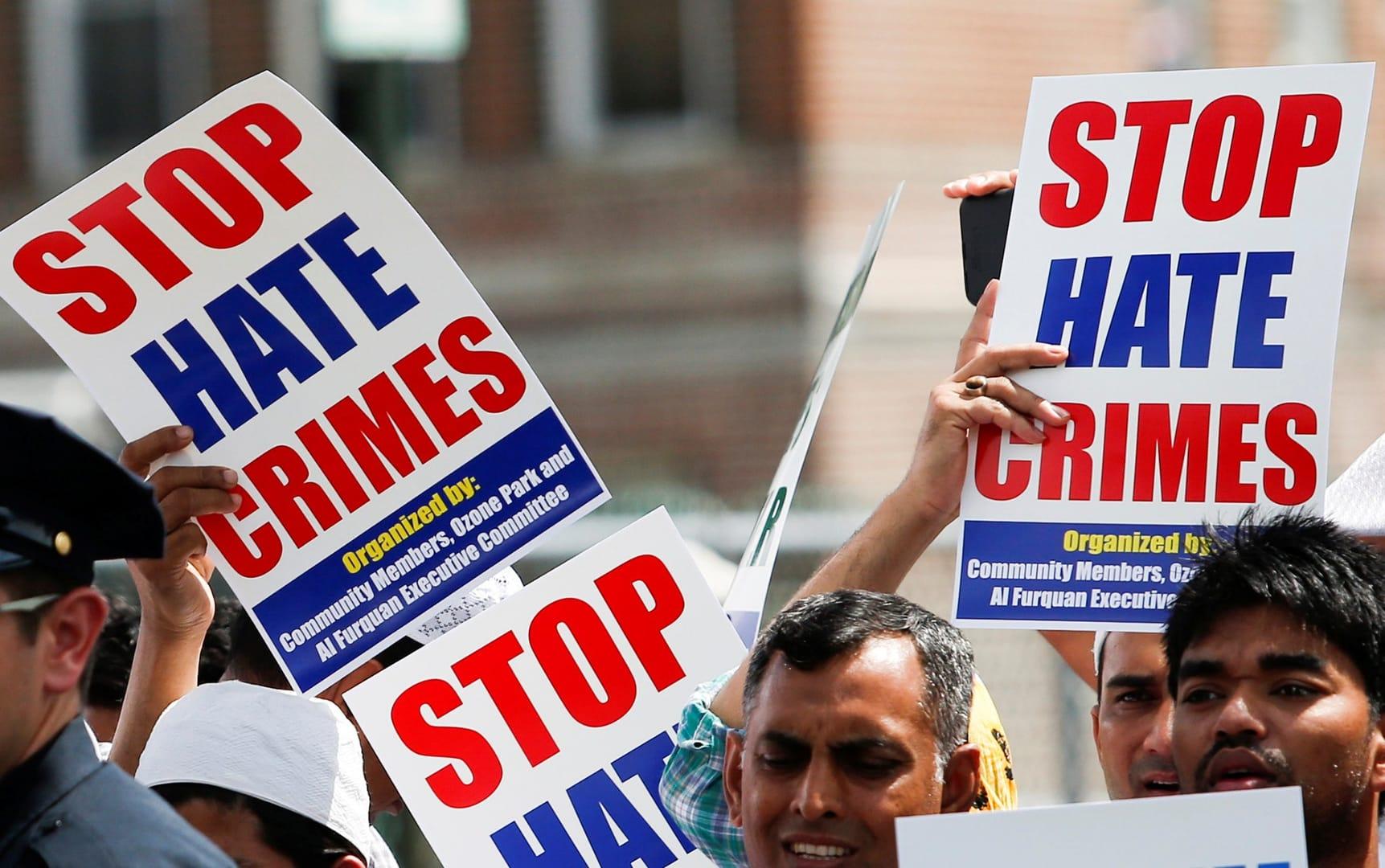GLASGOW, United Kingdom — The Scottish government should withdraw parts of a hate crime bill because of the risk it will lead to the prosecution of people solely for disagreeing with gender ideology and same-sex marriage, said Catholic and Protestant leaders.
The Catholic Church, the Free Church of Scotland and the Evangelical Alliance wrote a letter to Humza Yousaf, justice secretary, to demand more time be allocated for the “detailed consideration” of proposals to limit freedom of expression.
The Feb. 12 letter said they wanted the government “to ensure (that) freedom of expression provisions, which enshrine free and open debate, are afforded the scrutiny they require.”
The church leaders warned Yousaf that there was a risk of “inadequate and ill-thought through legislation” being passed into law if the Hate Crime Bill is rushed through the legislature.
According to reports in the media, the governing Scottish National Party discarded an amendment to protect freedom of expression, reached after eight months of negotiations, after receiving complaints from gay rights activists.
The churches now fear that the Hate Crime Bill has become so vaguely worded and uncertain that Christians will be prosecuted for simply expressing dissenting opinions about sexuality and the ideology of gender.
The Catholic bishops have previously expressed the view that they could face criminal sanctions for using the Bible, the Catechism of the Catholic Church and any other texts considered inflammatory under the new law.
“As Christians, we do not always agree with one another and know that many do not necessarily share or even understand our beliefs, but we are utterly committed to the free and open exchange of ideas in society,” they said in their Feb. 12 letter, the first time that the three have jointly petitioned the Scottish government.
“We believe that people should be completely free to disagree with our faith in any way, including mocking and ridiculing us,” the letter said. “We are convinced that our faith is true and has a sufficient evidential basis to withstand any criticism; we therefore welcome open debate.”
It said that in the areas of transgender ideology and sexual orientation it was important “to distinguish between hateful, nasty, vicious, or malevolent attacks on the person on one hand, and disagreement or dispute with an ideological position on the other.”
“Such free discussion and criticism of views is vital as society wrestles with these ideas,” the letter said.
“We cannot accept that any position or opinion at variance with the proposition that sex or gender is fluid and changeable should not be heard,” the letter added. “Open and honest debate on the very essence of the human person should never be stifled.”
The letter was signed by Anthony Horan, director of the Catholic Parliamentary Office of the Bishops’ Conference of Scotland; Stephen Allison, assistant clerk of the Free Church of Scotland; and Fred Drummond, national director of the Evangelical Alliance Scotland.
It came shortly after Christians in the Australian state of Victoria expressed concern over a new law to ban “conversion” therapies for people who were not heterosexual.
Archbishop Peter Comensoli of Melbourne told The Catholic Weekly newspaper in Sydney that the law could “turn a parent or counselor into a criminal.”
In England and Wales, the Law Commission is proposing legal reforms to lower the threshold to commit hate crimes. They include criminalizing so-called hate speech in private dwellings as well as public places.


















